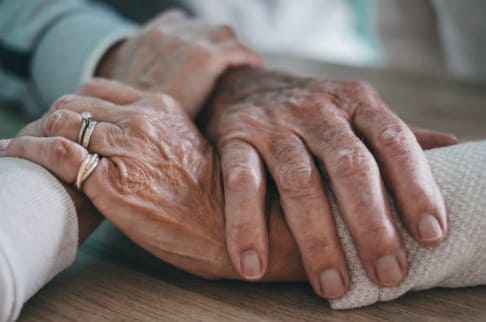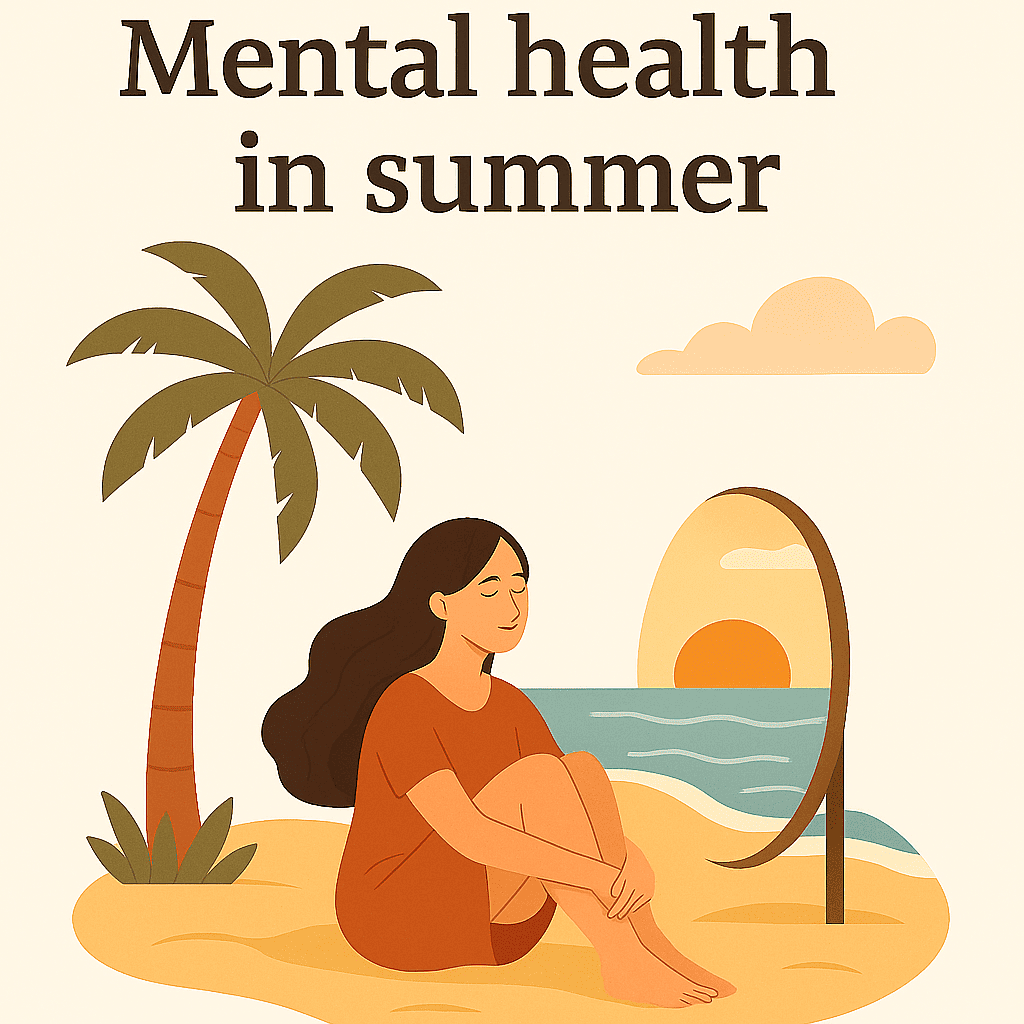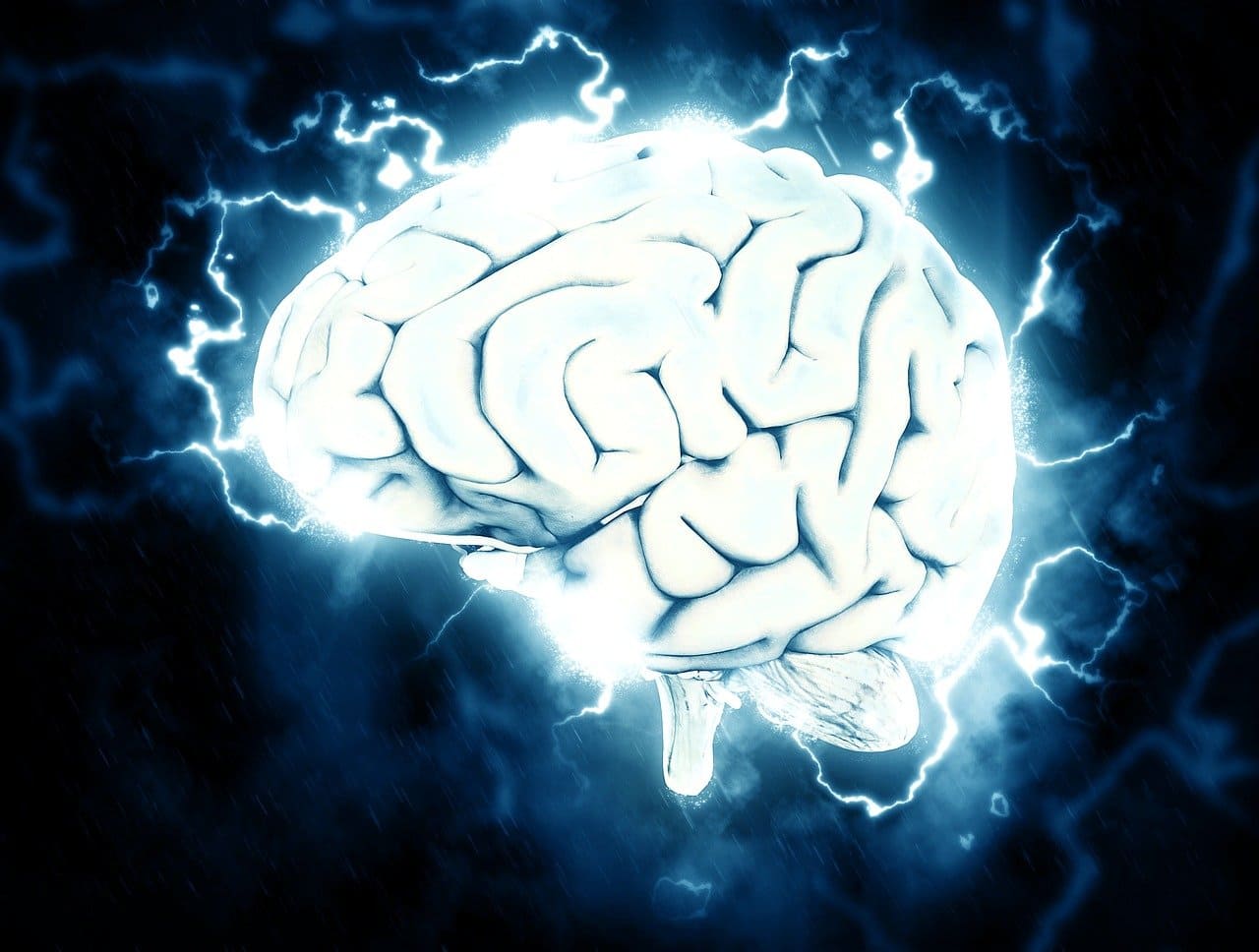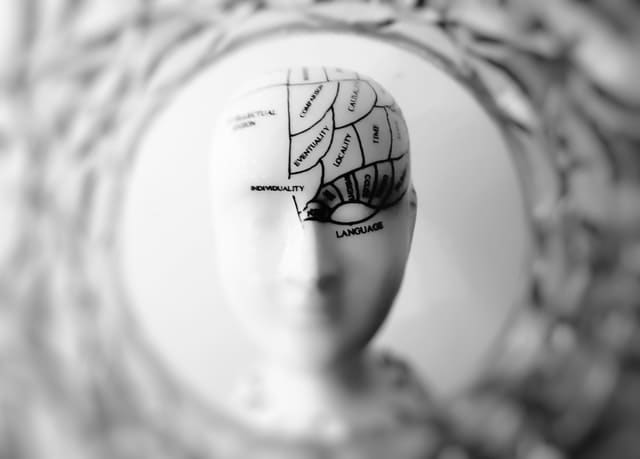Categoría: Bipolar Disorder,Psyquiatry
Etiquetas: #bipolar disorder, #mentalhealth, #psychiatry, old age
More content you may find interesting
A study of older people with bipolar disorder noted the following key points, as reported by participants:
1. Lifelong learning: Participants accumulate knowledge about their disorder (psychoeducation) and use it to maintain stability in old age. This concept refers to the ability to adapt to new challenges and to cultivate an open and curious mindset.
2. Seeking belonging: They prioritise seeking new communities, family support and support networks in order to age well. It is related to a sense of identity and emotional security, as feeling part of something bigger than oneself can provide support, understanding and a sense of purpose.
3. Recognition of their value: They use their strengths and experiences to support others, finding meaning in their lives. This recognition is crucial for developing healthy self-esteem, setting personal boundaries and maintaining balanced and respectful relationships. It is also related to confidence in one’s own abilities and the ability to stand up for oneself and pursue personal goals.
4. Continuity of care: They benefit from ongoing support from professionals who understand their changing needs. It involves receiving appropriate and consistent follow-up from the professionals who meet their needs, which is essential to ensure that treatments and care are effective and personalised.
This approach can improve care for older adults with bipolar disorder.







